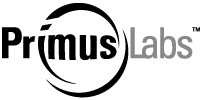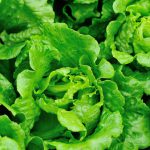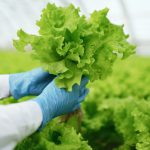Why GPS Points are Critical to Reliable Sampling
One of the unique benefits of hiring PrimusLabs to conduct sampling for your company is the use of GPS coordinates to designate the precise physical location from which each of the samples has been pulled. Many sampling companies do not record GPS coordinates. It’s worth noting that if you pull samples yourself you can easily record GPS coordinates, and there are several important advantages in doing so.
Let’s start with the most salient goal in conducting a sampling program: the samples (be they product, water, or environmental swabs or sponges) should ensure the food producer with the knowledge that whatever is sampled is representative of a larger physical area.
Furthermore, the client knows that any threats to the food grown or processed in that larger area should be exposed by either the chemical or microbiological testing to which the samples will be subjected. Consequently, GPS coordinates offer the client the confidence of knowing that his samples are truly representative of the overall safety in his or her field, irrigation water, or processing facility.
Being able to check the physical coordinates of the samples on a map provides the client with a visual image of the entire area, which helps when identifying any potential vectors for food safety threats.
In sampling field product, GPS coordinates can narrow any potential contamination to a small fraction of the field. For instance, if a sample that tests positive for E. coli or Salmonella is discovered to be directly beneath power lines, the birds that sit on those lines may very likely be the cause. Knowing the contamination source that led to a positive test result may prevent a grower from having to destroy product that can be ascertained to be safe.
Each distinct sample taken from a different physical location represents a separate data point. For purposes of scientific analysis, more data points equal better data analysis. For instance, an environmental monitoring plan of various zones in a packing facility can inform a company of precisely what pieces of equipment, or drains, walls, or floors require more thorough or frequent sanitation. Longitudinal studies of multiple data points coupled with sanitation records can help to pinpoint problems before they occur.
Finally, GPS coordinates offer enhanced traceability. With this goal in mind, more buyers are establishing requirements for recording GPS coordinates during sampling. As buyers increase their monitoring of their suppliers’ food safety efforts, GPS coordinates represent a simple, inexpensive improvement to existing sampling programs that greatly enhances traceability.
Whether you utilize PrimusLabs or any other company for sampling, or if you choose instead to conduct the sampling yourself, consider recording GPS coordinates as a means to improve your company’s food safety efforts. It is one of the simplest ways of improving your overall food safety plan.





